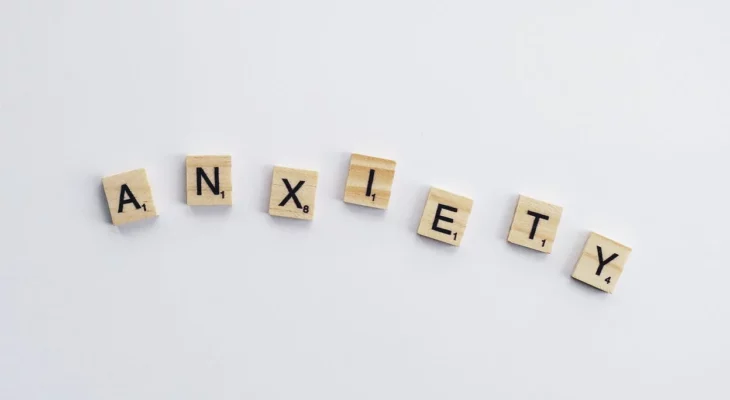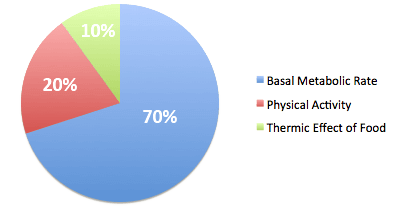Feeling nervous about a job interview or being fretful about a first date is nothing out of the ordinary. But excessive anxiety in everyday situations is a troublesome issue. If left unmanaged, this persistent sense of dread can drastically affect your life.
But anxiety is more than a constant worry about seemingly normal situations. In fact, there are various signs where anxiety manifests itself in different forms.
To help you learn more about these symptoms, here are five less common signs of anxiety.
Table of Contents
1. Uncontrollable or Involuntary Trembling
Popular signs of anxiety are readily identifiable and have targeted treatments available for them. These solutions range across different approaches, from using a weighted blanket for reducing stress to taking medications for stabilizing heart rate. But when it comes to less common symptoms, it’s typical for them to remain overlooked.
Anxiety tremors are a great example in this regard. This trembling is sometimes so significant that it causes visible shaking in fingers, hands, and the whole body. But it is often confused with a sense of being cold. If you feel that you tremble involuntarily in stressful situations, make it a point to discuss it with your doctor or therapist.
2. Difficulty Concentrating on Tasks
Concentration problems are largely associated with conditions such as attention-deficit/hyperactivity disorder (ADHD). But these issues may also stem from anxiety. It’s because when your mind is preoccupied with stressful thoughts, and your body is coping with its stress mechanism, it becomes difficult for your brain to concentrate on any task at hand.
In some cases, using a calmness app for a few minutes a day can help you get rid of your worrisome train of thought. But in certain scenarios, you may need daily medication to target this issue and treat it actively, which helps you obtain a more transparent state of mind and improve your focus.
3. Digestive Health Problems
Anxiety can create digestive health issues for many people, and these problems can also show in the form of various digestion problems. This means that when you are worried about finding a job out of college or proposing to the love of your life, your gut might be paying a grave price for your concern.
It is because our thought process and stress response have an active effect on our digestive system and the way we process nutrients. Suppose you have a frequently upset stomach that causes diarrhea or constipation upon feeling stress. In that case, you may need some support to reduce your anxiety through therapy and approaches such as a gut health enzyme.
4. Excessive Tiredness or Fatigue
This symptom might also make your anxiety seem like another mental condition, such as depression. But when you feel exhausted throughout the day with no clinical signs of depression or another condition, it is important to consider if you show any other symptoms of anxiety. This may help you identify the issue and get targeted treatment.
It is because anxiety causes the body to overwork itself through stress hormones. This is enough to leave you feeling exhausted throughout the day. For many people, the feeling comes and goes. But for others, it is a constant struggle. In some cases, trying out fitness-focused exercises can help with anxiety and related fatigue.
5. Increased Sense of Anger
When you are in a state of worry, stress, or panic, even the slightest cause of irritability may seem like the worst offense against yourself. This could often make you lose your calm and lash out on people or things around you. It could not only affect your relationships, but also make you feel excessively guilty about your actions afterwards.
Whenever you feel angry due to anxiety, you can try approaches such as reframing your thoughts or distracting yourself with something else. A brain training app can go a long way toward helping you achieve these goals. But to make sure you are receiving professional support, don’t hesitate to consult with an expert about your anxiety.
Even the thought of living with anxiety can be grueling. But once you identify the symptoms of this condition and seek professional help for them, it becomes easier for you to continue living a joyful life.




